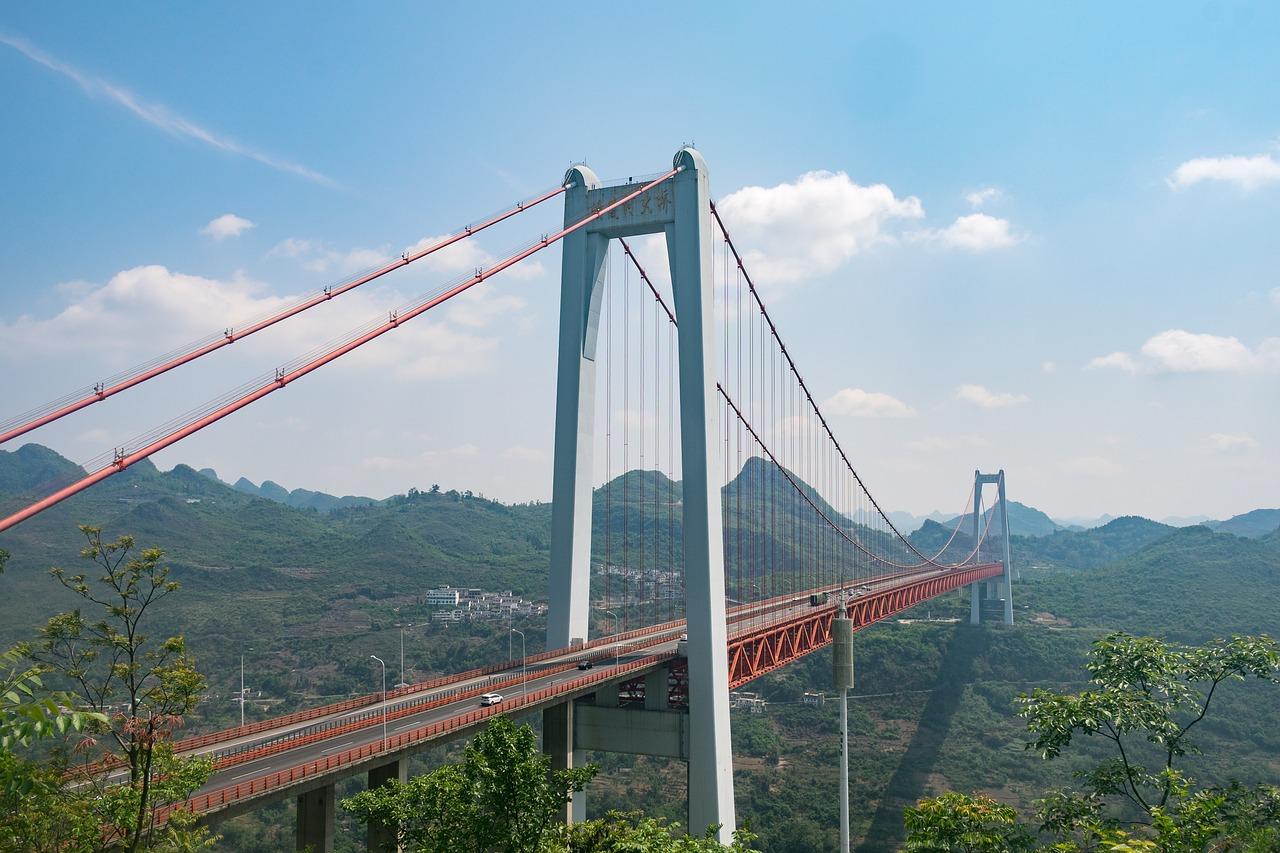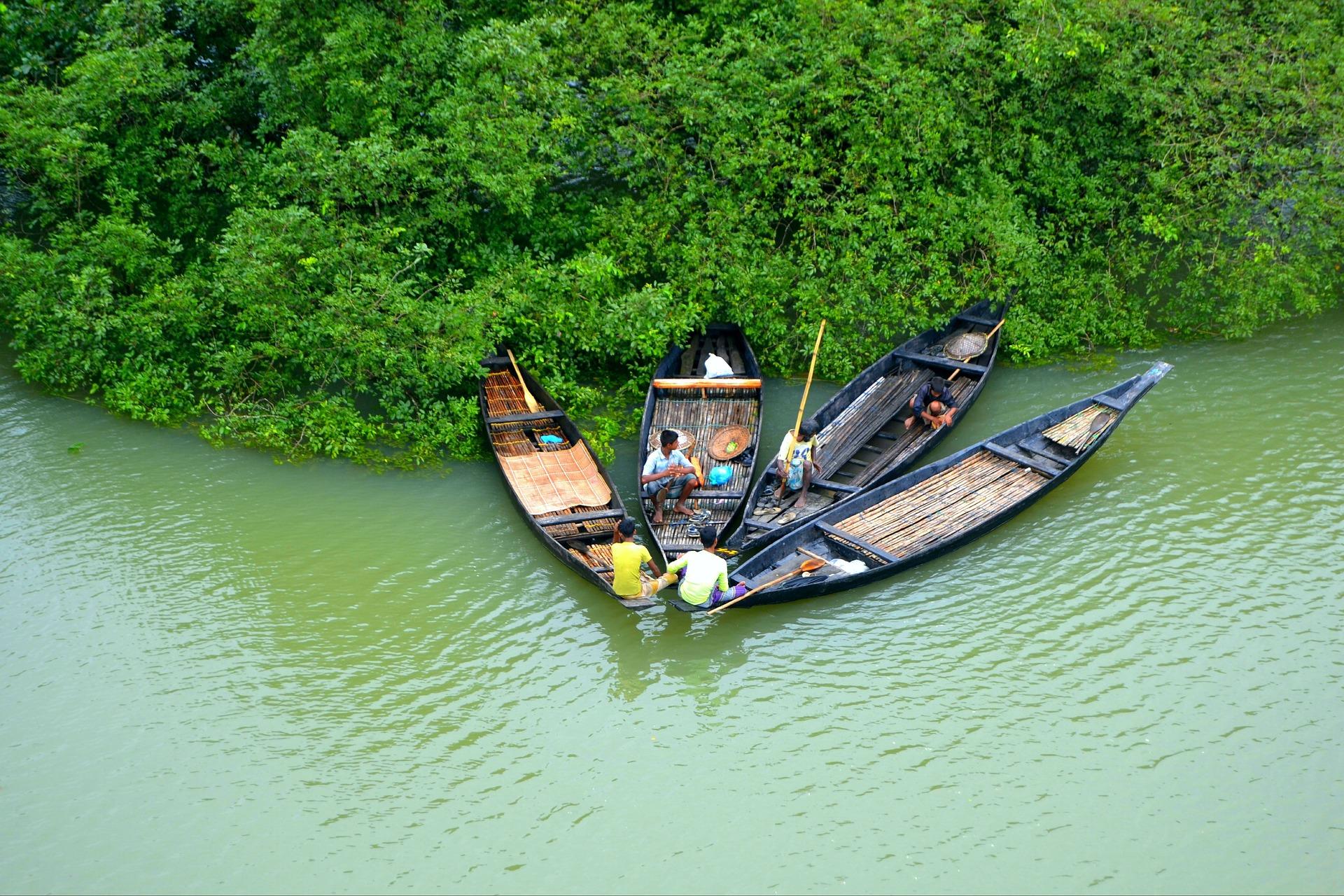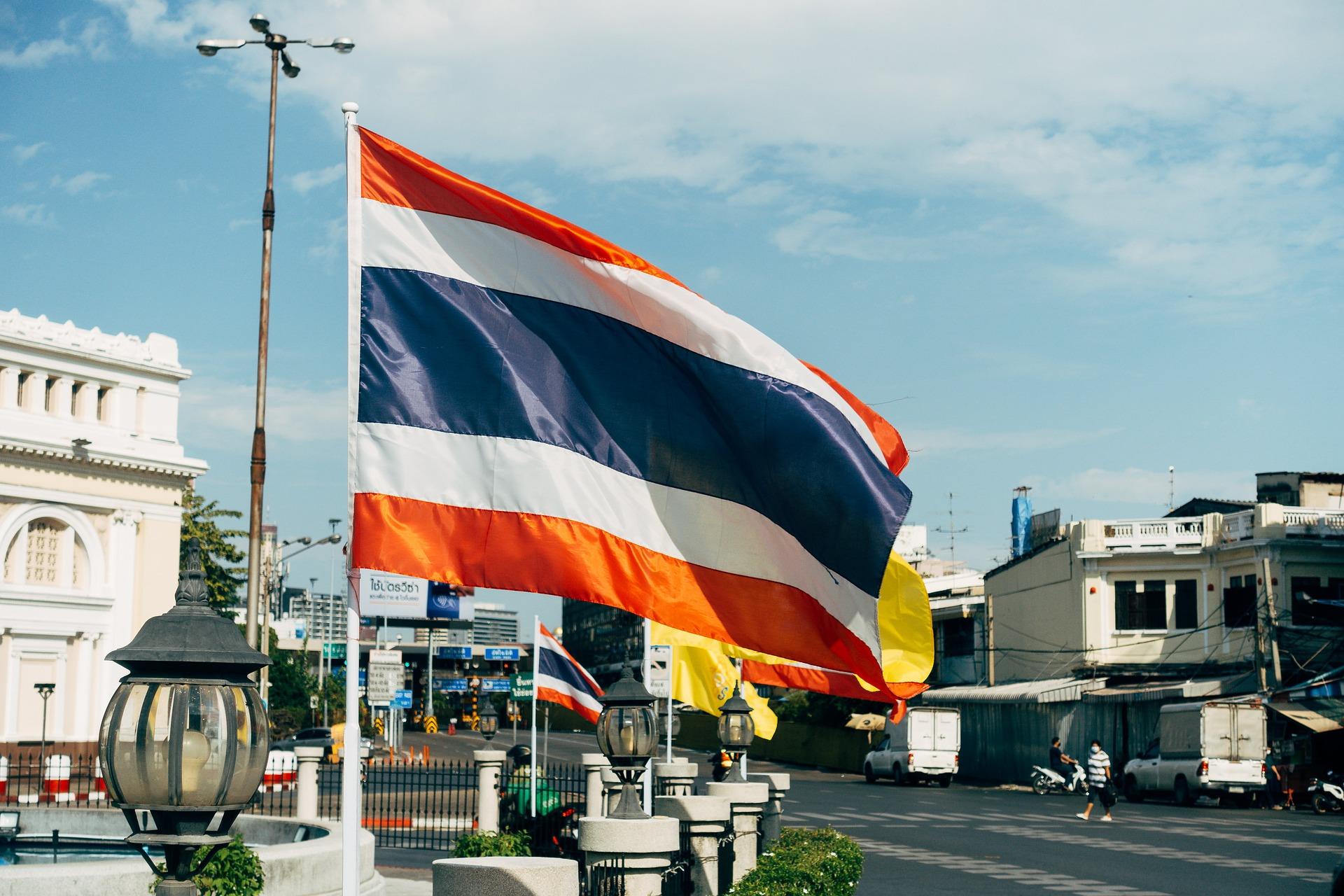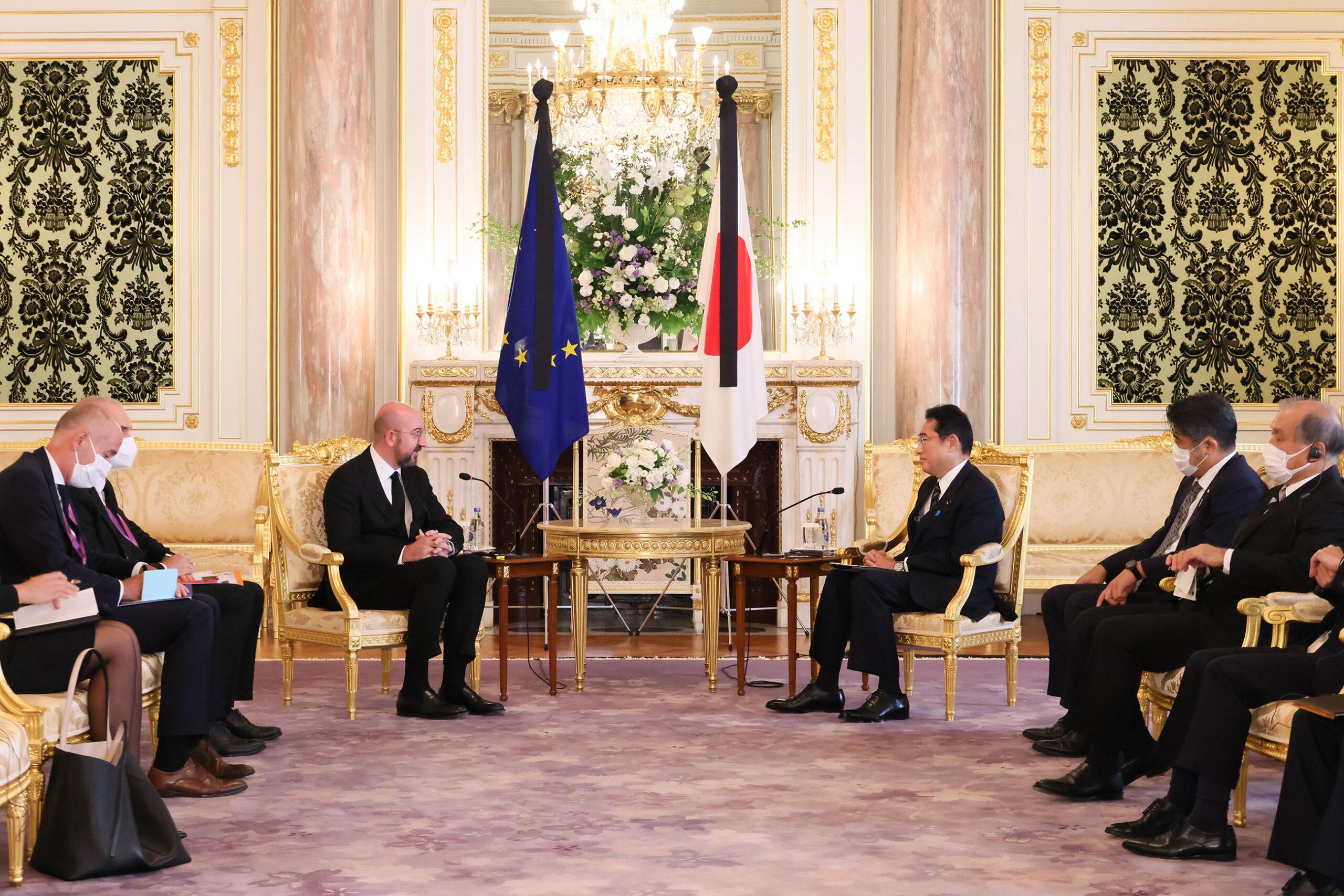
Building Bridges: Post-Pandemic Opportunities for Cooperating on Sino-EU Infrastructure Initiatives
As the world recovers from the Covid-19 pandemic and the global order is shifting, new opportunities are arising for cooperation and enhanced coordination on international infrastructure development. This EIAS Briefing Paper examines the potential and risks for collaboration between China and Europe on their respective connectivity initiatives, and assesses potential challenges, pitfalls, as well as pathways to accomplish this. This is done by (1) illustrating the potential and risks of China’s Belt and Road Initiative; (2) explaining the impacts and changes that have emerged since the pandemic; (3) examining the other actors’ connectivity and infrastructure initiatives, including the EU’s Global Gateway; (4) listing the modes for cooperation; and (5) recommending channels through which to overcome challenges associated with coordination on infrastructure initiatives.








